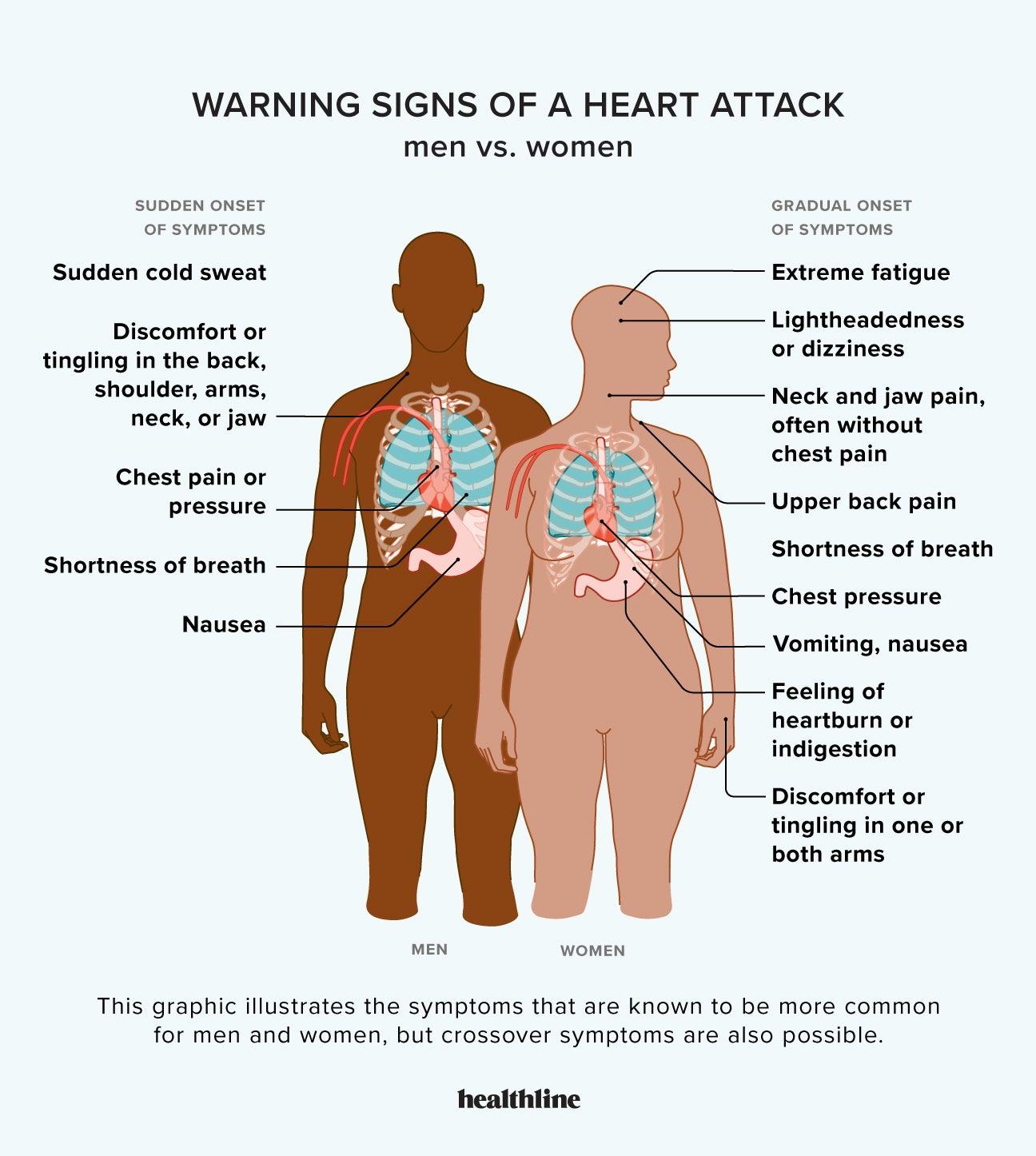
Can stress cause heart pain?
Understanding Heart Pain: Causes, Symptoms, and Treatments
Heart pain, often referred to as angina or chest pain, can be a concerning symptom that warrants immediate attention. In this comprehensive guide, we’ll explore the various causes of heart pain, the symptoms to watch for, treatment options, and when to seek medical help. Whether you’re experiencing discomfort or just want to stay informed, this article is for you.
What is Heart Pain?
Heart pain is typically characterized by discomfort or pain in the chest area that can also radiate to the shoulders, neck, arms, back, teeth, or jaw. The sensation can vary from a sharp pain to a more dull ache, and it can last for a few minutes or be persistent.
Common Causes of Heart Pain
Understanding the underlying causes of heart pain is crucial for managing your health. Here are some of the most common causes:
- Angina: This occurs when the heart muscle doesn’t get enough blood due to narrowed arteries.
- Heart Attack: A blocked artery can lead to a heart attack, causing severe chest pain.
- Pericarditis: Inflammation of the pericardium (the lining around the heart) can cause sharp pain.
- Aortic Dissection: This life-threatening condition involves a tear in the aorta, leading to severe chest pain.
- Gastroesophageal Reflux Disease (GERD): Acid reflux can mimic heart pain, causing discomfort in the chest.
- Pulmonary Embolism: A blood clot in the lungs can cause sudden chest pain and difficulty breathing.
Recognizing Symptoms of Heart Pain
Identifying the symptoms associated with heart pain is vital for prompt medical intervention. Common symptoms include:
- Chest pain or discomfort
- Shortness of breath
- Nausea or vomiting
- Cold sweat
- Dizziness or lightheadedness
- Pain radiating to the arms, back, neck, or jaw
When to Seek Medical Help
If you experience any of the following symptoms, seek immediate medical attention:
- Severe chest pain that lasts more than a few minutes
- Chest pain accompanied by shortness of breath
- Pain that spreads to the arm, back, or jaw
- Unexplained dizziness or fainting
Diagnosis of Heart Pain
To determine the cause of heart pain, healthcare professionals may perform several diagnostic tests, including:
- Electrocardiogram (ECG): Measures the electrical activity of the heart.
- Stress Testing: Assesses how the heart performs under physical stress.
- Blood Tests: Check for markers of heart damage.
- Chest X-ray: Provides images of the heart and lungs.
- Coronary Angiography: Visualizes blood flow through the heart’s arteries.
Treatment Options for Heart Pain
Treatment for heart pain will depend on the underlying cause. Common treatment options include:
- Medications: These may include blood thinners, beta-blockers, or nitroglycerin.
- Lifestyle Changes: Healthy diet, regular exercise, and smoking cessation can improve heart health.
- Cardiac Rehabilitation: A supervised program to help improve cardiovascular health.
- Surgery: In some cases, procedures like angioplasty or coronary artery bypass grafting may be necessary.
Benefits of Early Detection and Treatment
Early detection and treatment of heart pain can lead to several important benefits:
- Increased chances of survival during a heart attack.
- Prevention of further cardiac issues.
- Improved quality of life through better management of heart health.
Case Studies: Real-World Experiences
Case Study 1: John’s Journey
John, a 55-year-old man, started experiencing chest discomfort while exercising. Initially dismissing it as heartburn, he eventually sought medical advice, leading to a diagnosis of angina. With medication and lifestyle changes, John successfully managed his condition.
Case Study 2: Maria’s Quick Decision
Maria, a 45-year-old woman, felt a sudden and severe chest pain while at work. Recognizing the seriousness of the situation, she called for help and was taken to the hospital. She was diagnosed with a heart attack and received timely treatment, emphasizing the importance of quick decision-making.
Practical Tips for Heart Health
Maintaining a healthy heart is essential for overall well-being. Here are some practical tips:
- Eat a balanced diet: Focus on fruits, vegetables, whole grains, lean proteins, and healthy fats.
- Stay active: Aim for at least 150 minutes of moderate exercise each week.
- Manage stress: Practice relaxation techniques such as yoga or meditation.
- Quit smoking: Seek support to quit smoking and reduce heart disease risk.
- Regular check-ups: Schedule regular visits with your healthcare provider to monitor heart health.
Conclusion
Heart pain can range from harmless to life-threatening, making awareness essential. Understanding the causes, recognizing symptoms, and knowing when to seek help can save lives. By adopting a heart-healthy lifestyle and staying informed, you can significantly reduce your risk of heart-related issues.
Additional Resources
For more information on heart health, consider visiting the following resources:
